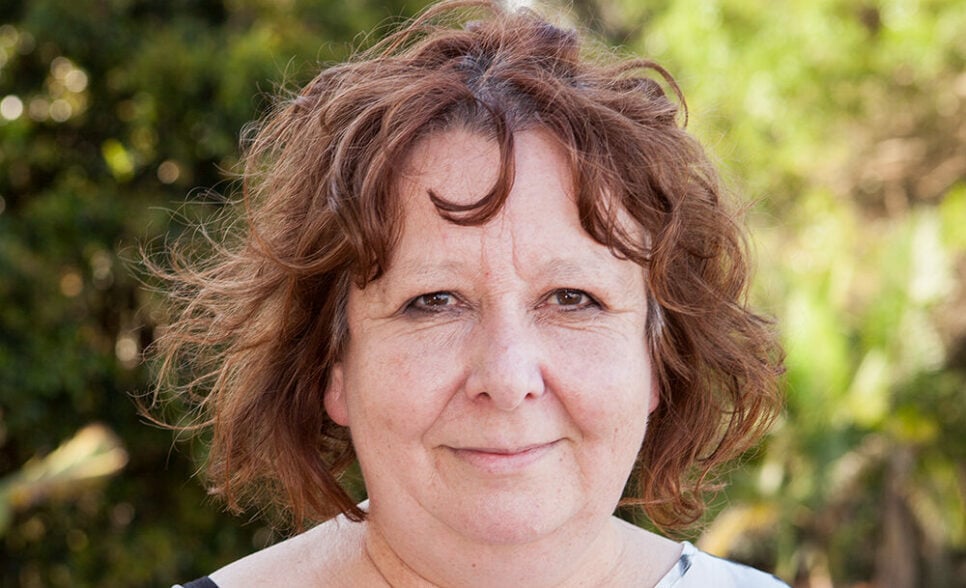Sally Watkinson
Nurse Practitioner
I feel strongly and passionately that all Australians should have equitable access to high quality healthcare and that stigma and discrimination should not be a barrier to receiving that care or be contributors to preventable deaths from untreated or managed viral hepatitis.
I am an endorsed nurse practitioner specializing in viral hepatitis. I participated as a board member for Harm Reduction Victoria from 2016-2018 and I am currently secretary to the board of the Australasian Hepatology Association.
I have worked in different fields of gastroenterology, hepatology and viral hepatitis since approximately 2000 and over that time I have developed significant interest in the nursing care of people at risk of or living with liver disease and in particular, viral hepatitis. I am a long time member and supporter of Hepatitis Victoria and have found their commitment and advocacy towards people that I have referred to them has been outstanding.
I came to Australia from the UK in the late 90’s and quickly observed that the Australian healthcare system was extremely well resourced compared with the UK at that time. However, it was only as my career pathway led me into the specialty of liver disease that I realized that significant inequity in access and uptake of care exists.
People at risk of or living with viral hepatitis have frequently expressed being subjected to stigma and discrimination when seeking healthcare. This can lead to people presenting late in their disease to visit a health professional and may have more advanced or severe disease at that time as a result.
It was clear to me that although much is being done to address this, there remains much to still be done to repair trust and engage those at risk to seek care.
In my current role at the Royal Melbourne Hospital, I am fortunate to work within a team of public health and infectious diseases clinicians and nurses who share my view that healthcare models need to be flexible and adaptable if they are to be acceptable to people and communities.
As part of the Victorian Infectious Diseases Service my role is to provide integration between the hospital and a diverse range of community based services to facilitate access to care, which is individualized, timely and acceptable.
The Integrated Viral Hepatitis Service has partnered with organization’s including Cohealth, Uniting Regen, Youth Projects – The Living Room and others to enable onsite testing, assessment, immunization, treatment and management through dedicated hepatitis clinics and also through mentorship and support of the existing workforce such as GP’s and practice nurses.
The arrival of the direct acting antiviral (DAA) drugs for hepatitis C was a real game changer in this space and allowed my role to expand to a more outreach and flexible model.
We now also work closely with outreach teams such as Bolton Clarke homeless persons program, community based mental health, drug and alcohol and young persons services, the input from those workers is an essential part of the pathway of that person receiving the care that they need.
Whilst I think that viral hepatitis healthcare has changed enormously and for the better in many instances, I really hope that people feel empowered to not accept stigma or discrimination and speak out if they encounter it, knowing that there is support and advocacy ready, willing and available to stand with them.
Sally’s message to others…
I would encourage all Australians to know their hepatitis status and seek immunization, treatment or a management plan as early as they can. Hepatitis and liver health is equally important as managing your diabetes, blood pressure and asthma and as with all conditions everyone should have equal access to respectful, timely and appropriate care whatever the illness.










